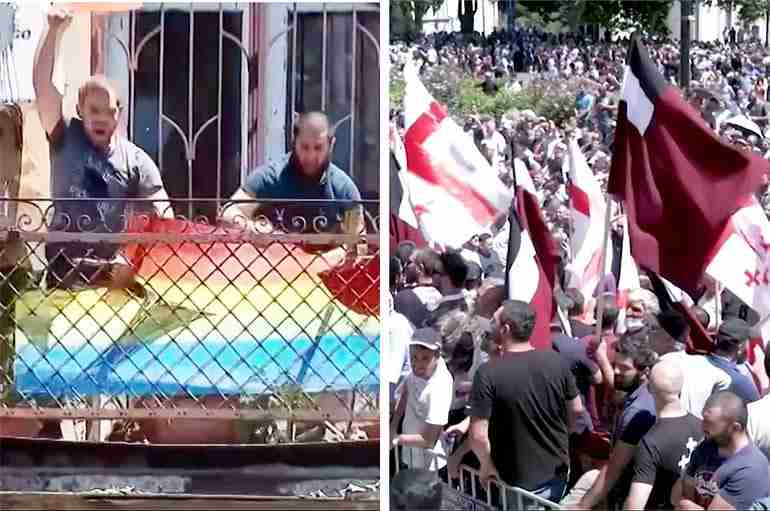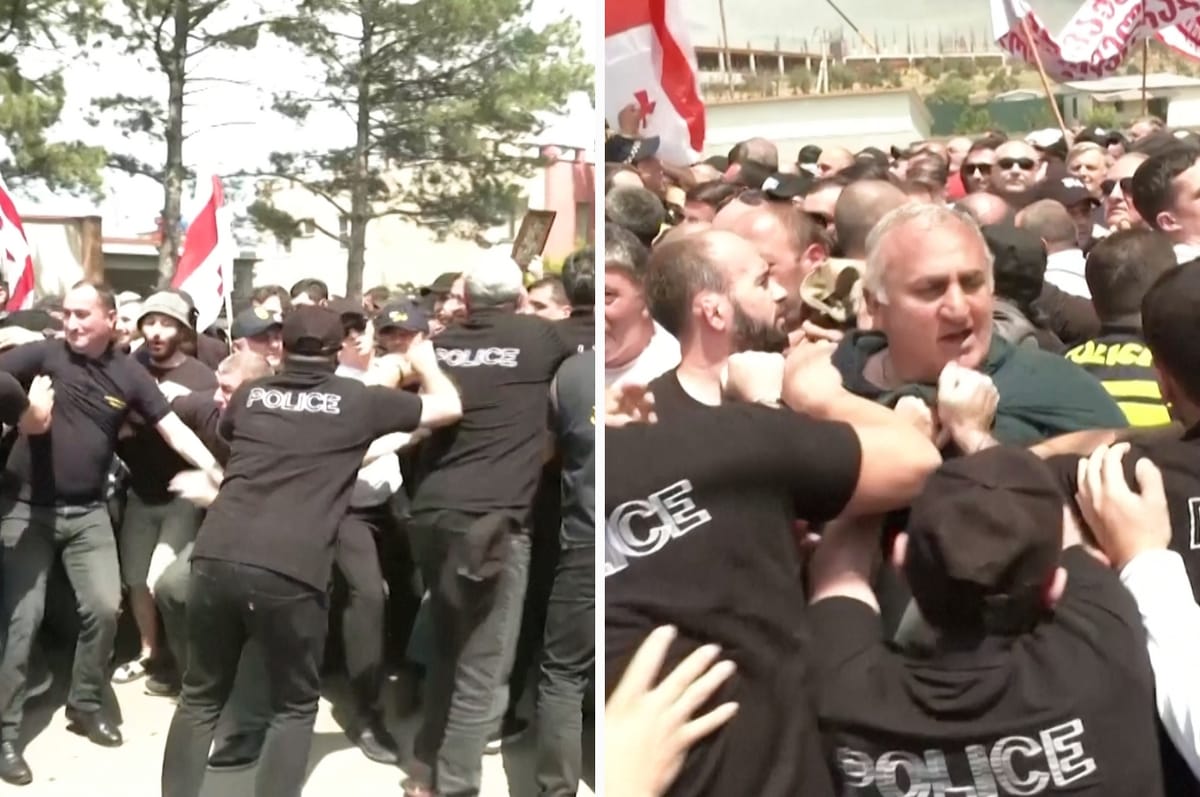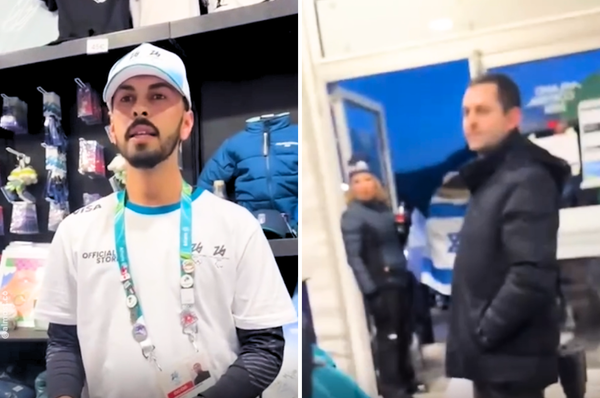Georgia’s Ruling Pro-Russia Party Won The Election Despite Reports Of Fraud Sparking Huge Protests
The elections on Oct. 26 had been seen as crucial crossroads for the country to decide between whether to align with Russia or the West.
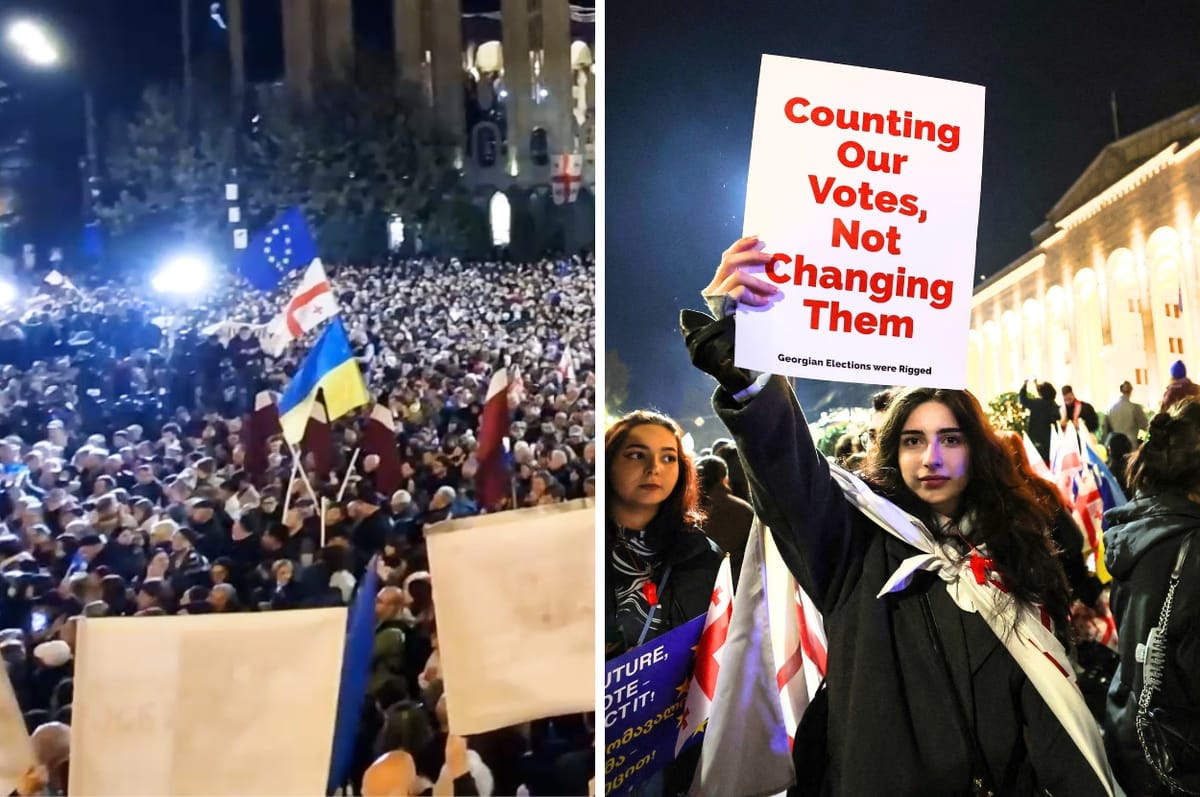
Thousands of people in Georgia are holding mass protests after the pro-Russia ruling party won the election for the fourth time in a row despite widespread reports of electoral fraud.
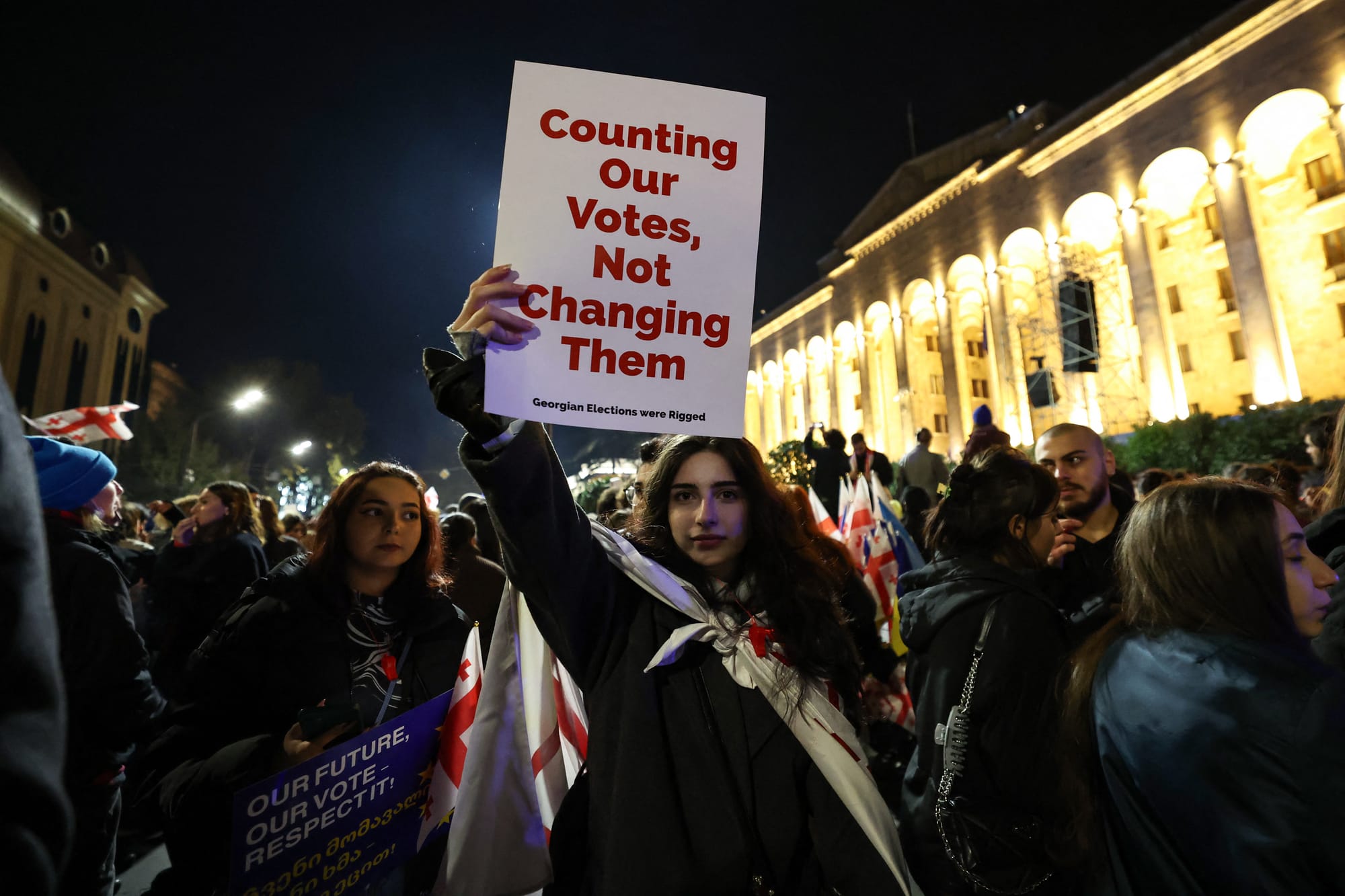
Since it took power in 2012, the ruling Georgian Dream Party has pushed the country further away from the West and towards Russia.
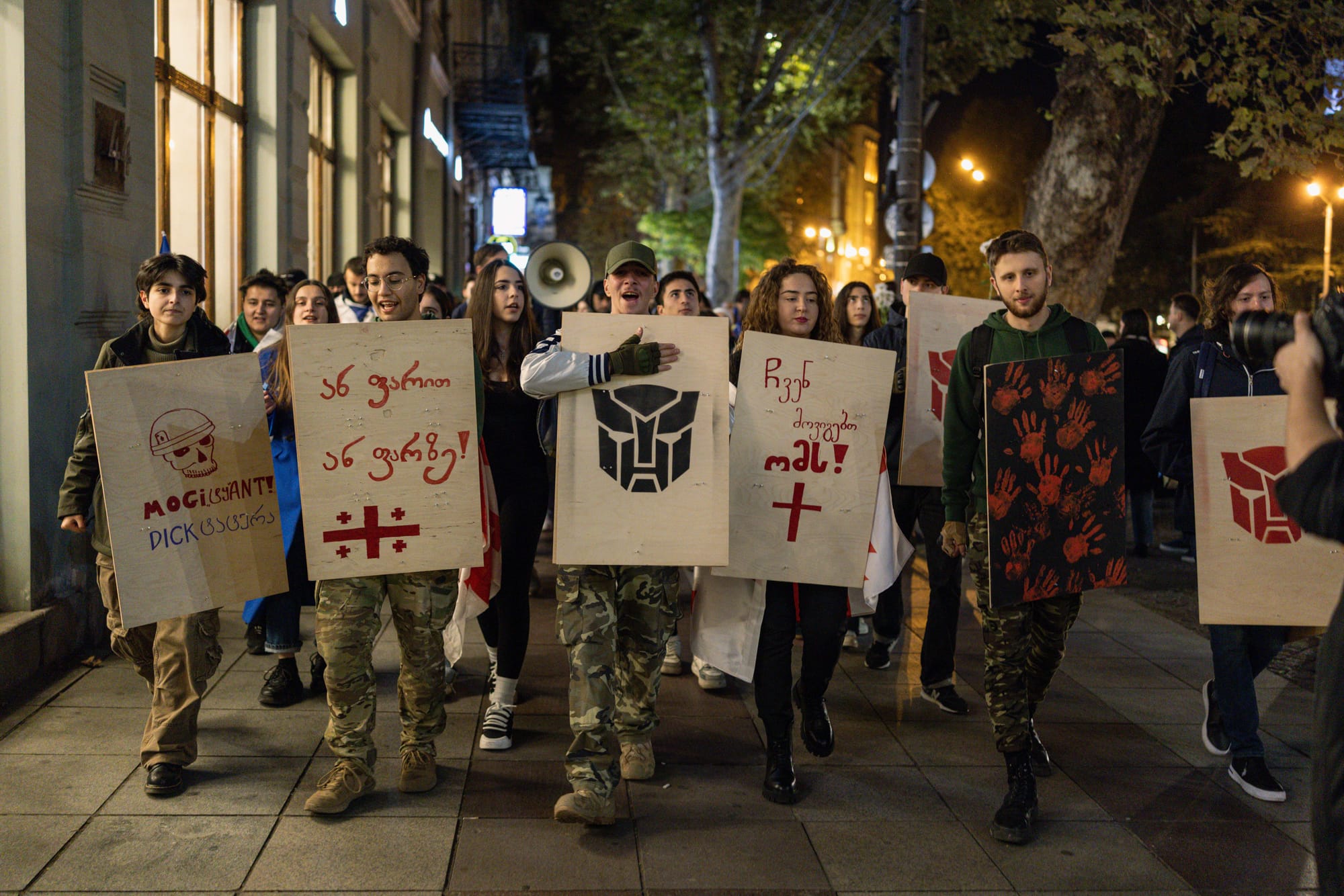
It has adopted increasingly authoritarian measures mirroring those in Russia, such as anti-LGBTQ laws that ban same-sex couples from getting married and adopting children and people from changing their gender.
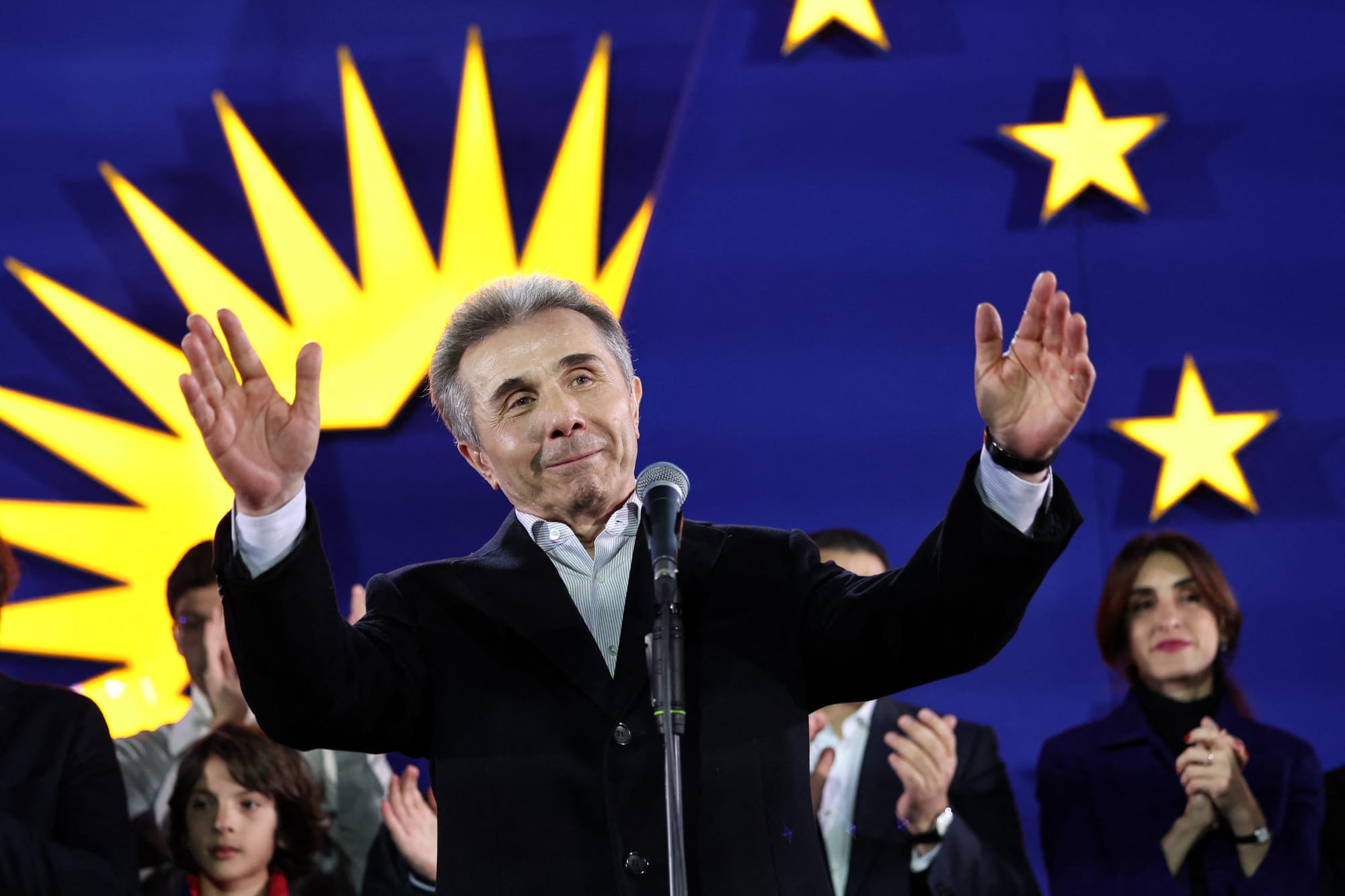
In May, it passed a controversial “foreign influence” law similar to a 2012 Russian law that allowed the Russian government to crack down on independent news media, nonprofits and activists who were critical of the Kremlin.
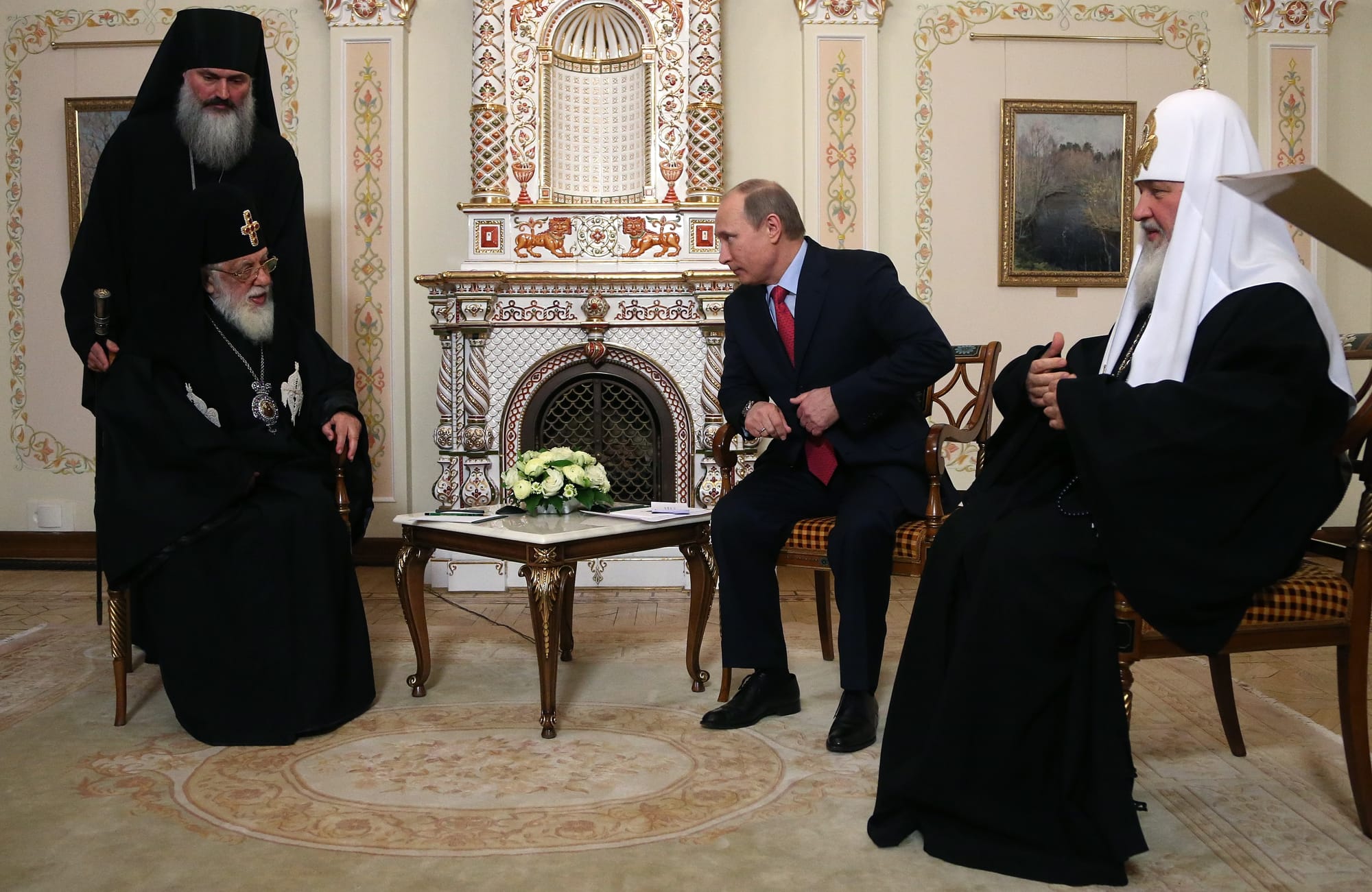
The party has also been reluctant to condemn and impose sanctions on Russia following the latter’s invasion of Ukraine, choosing to maintain a “pragmatic” relationship with Moscow.
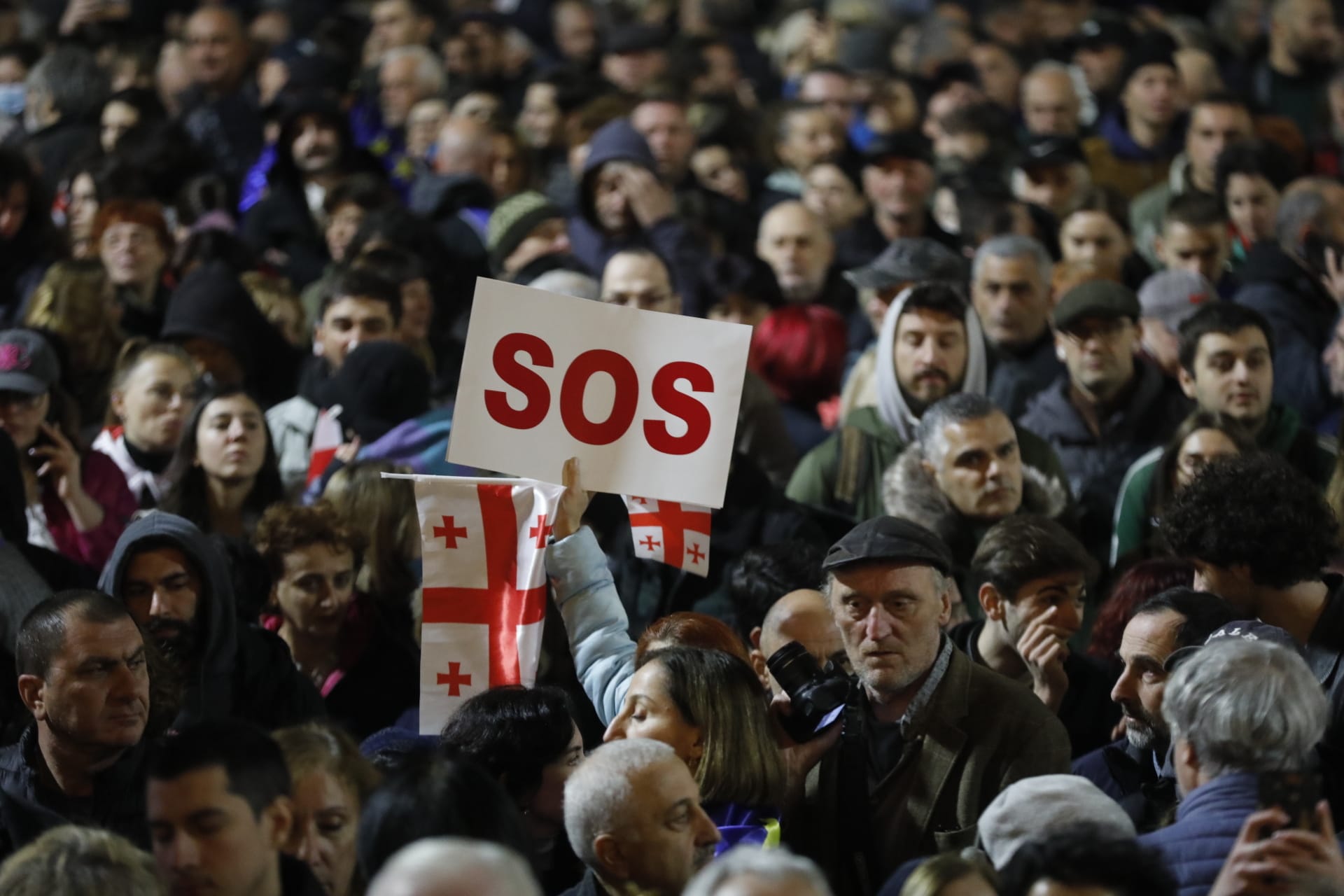
There have been widespread concerns that the measures could endanger democracy, derail Georgia’s hopes of joining NATO and the European Union and increase Russian influence in the country.
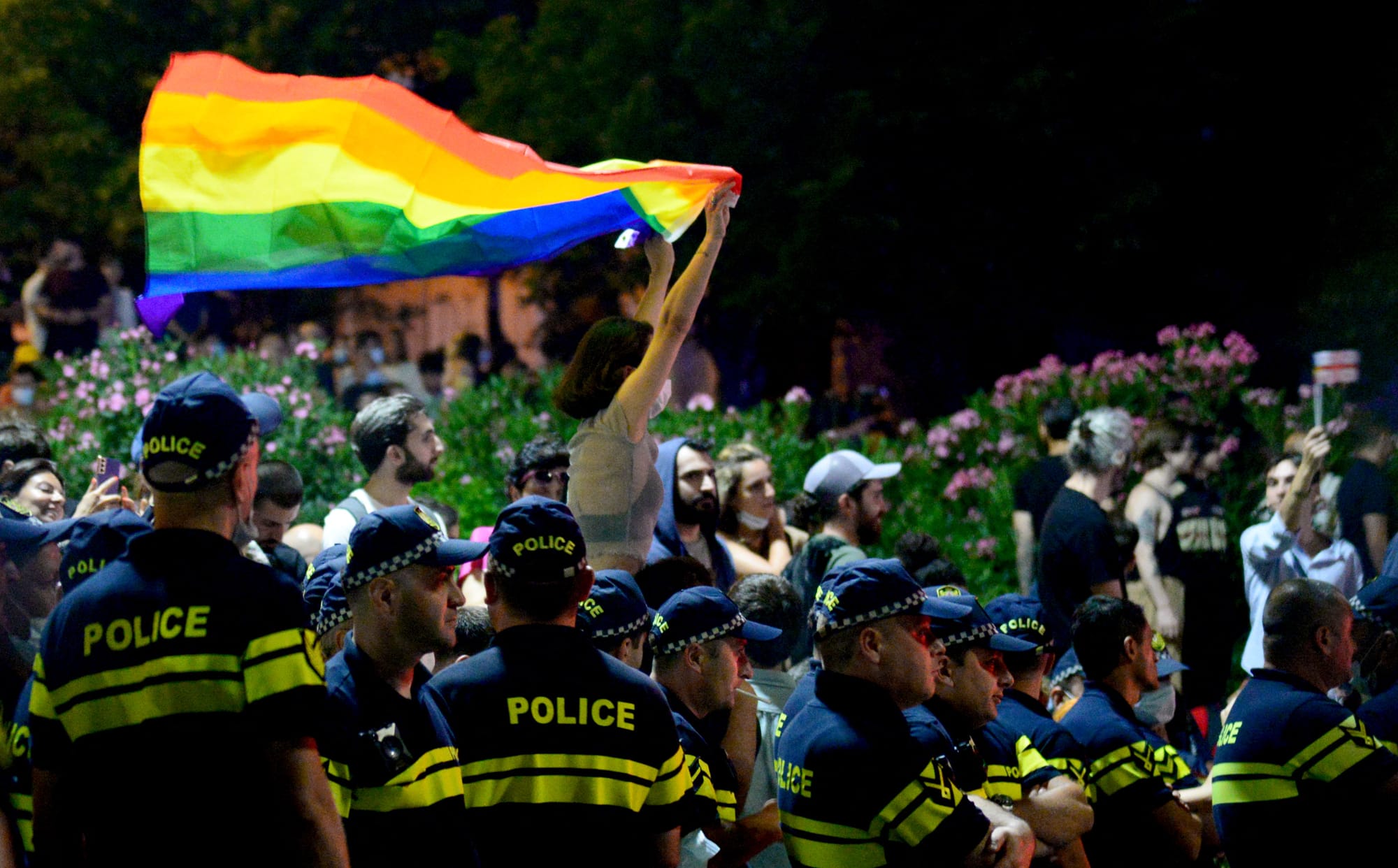
In the latest parliamentary election, Georgian Dream ran on a campaign of a “pragmatic policy” with Russia, promoting socially conservative, anti-LGBTQ policies that strengthen the status of the Georgian Orthodox Church and joining the European Union while “playing by Georgian rules”.
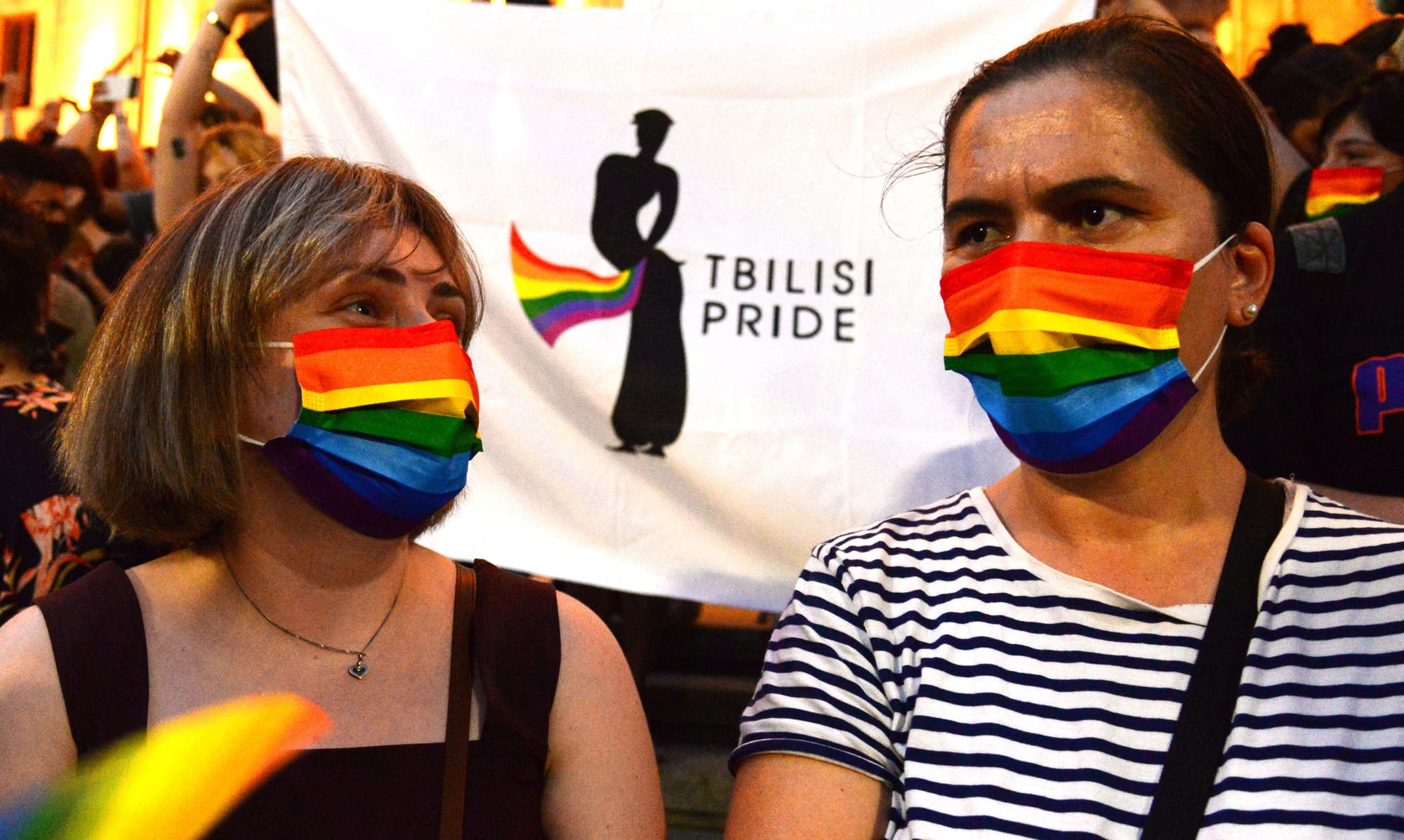
Coming just months after the mass anti-government protests against the foreign influence law, the elections on Oct. 26 had been seen as crucial crossroads for the country to decide between whether to align with Russia or the West.
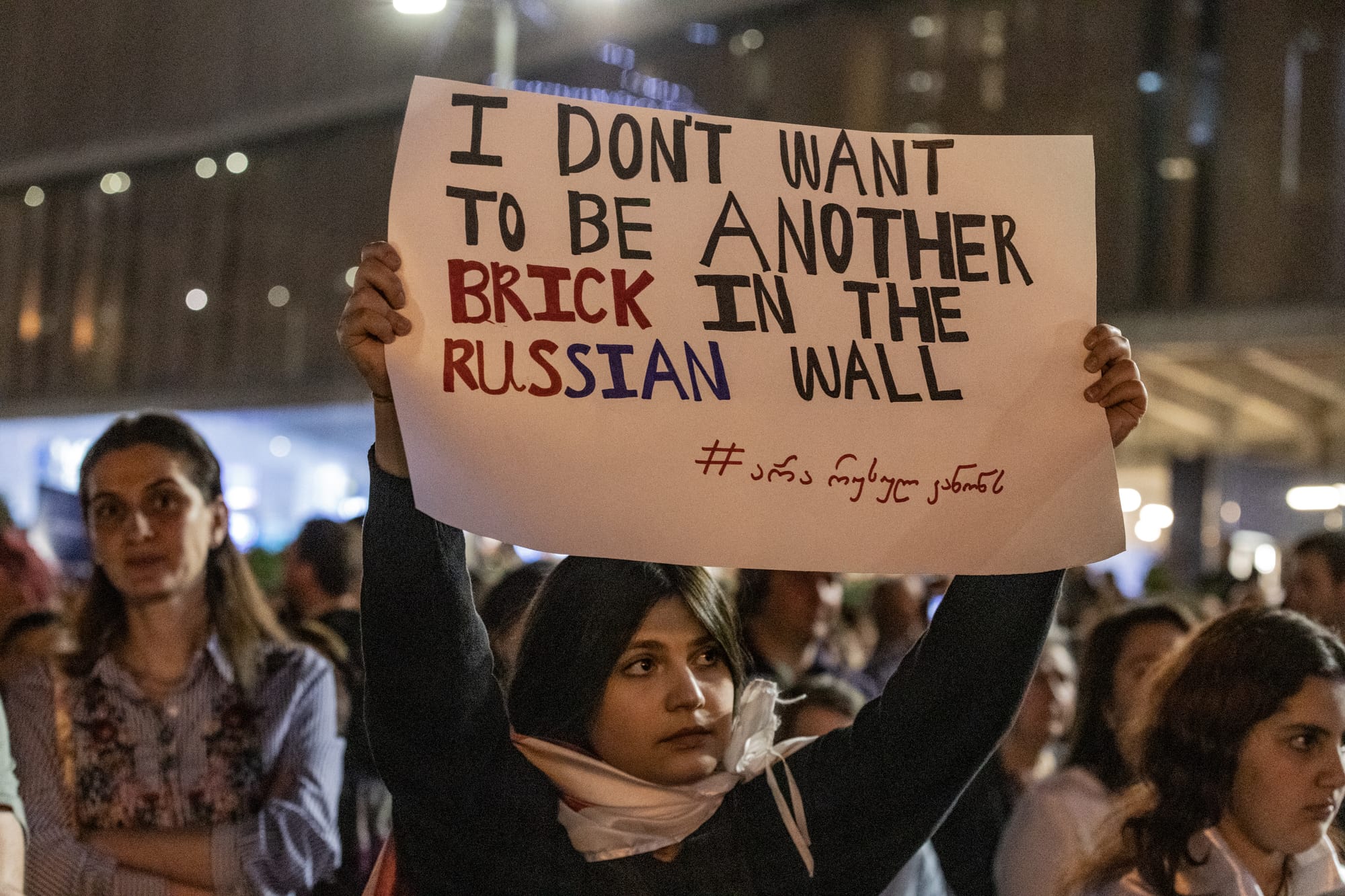
On Oct. 27, the Central Election Commission announced that Georgian Dream, led by billionaire Bidzina Ivanishvili, had gained nearly 53.92% of the votes, while four major pro-Western, opposition coalitions received about 37.78%.
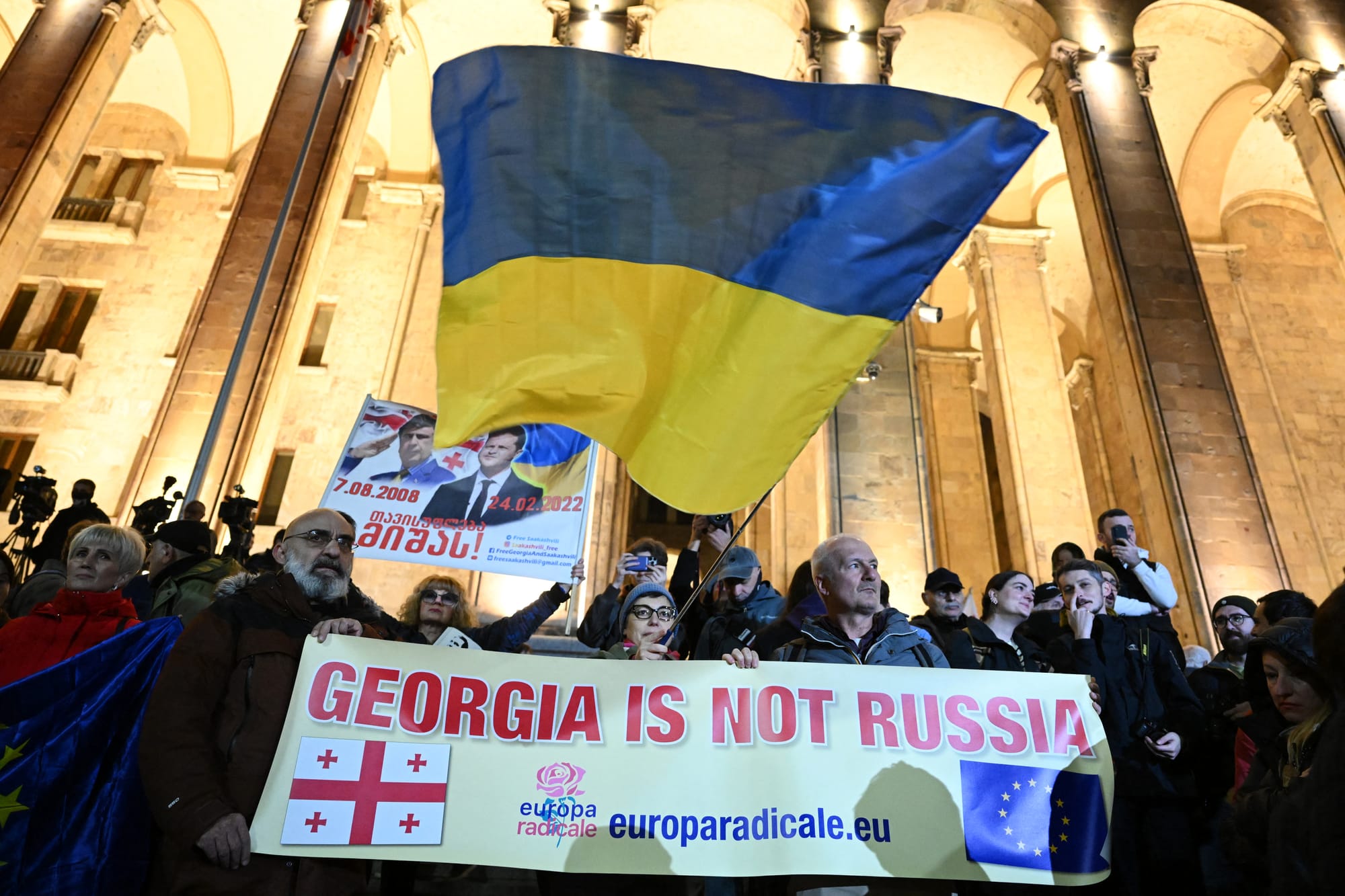
During the elections, observers had reported widespread cases of stuffing ballots, voters being intimidated and public sector workers being coerced, with the incidents being particularly common in rural areas, according to AP.
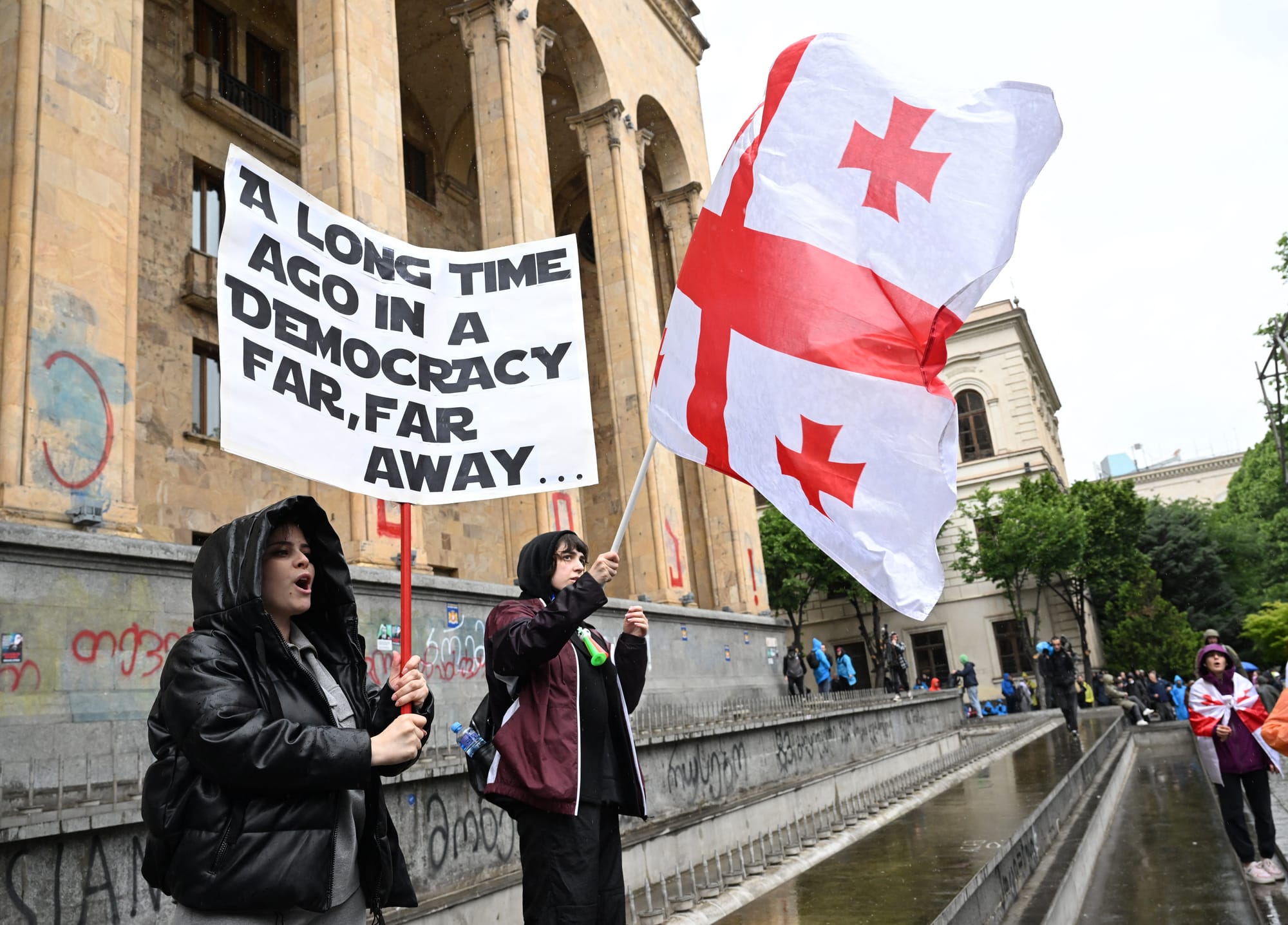
A viral video showed a man stuffing a bundle of ballots into a ballot box in Marneuli, according to Georgia Today.
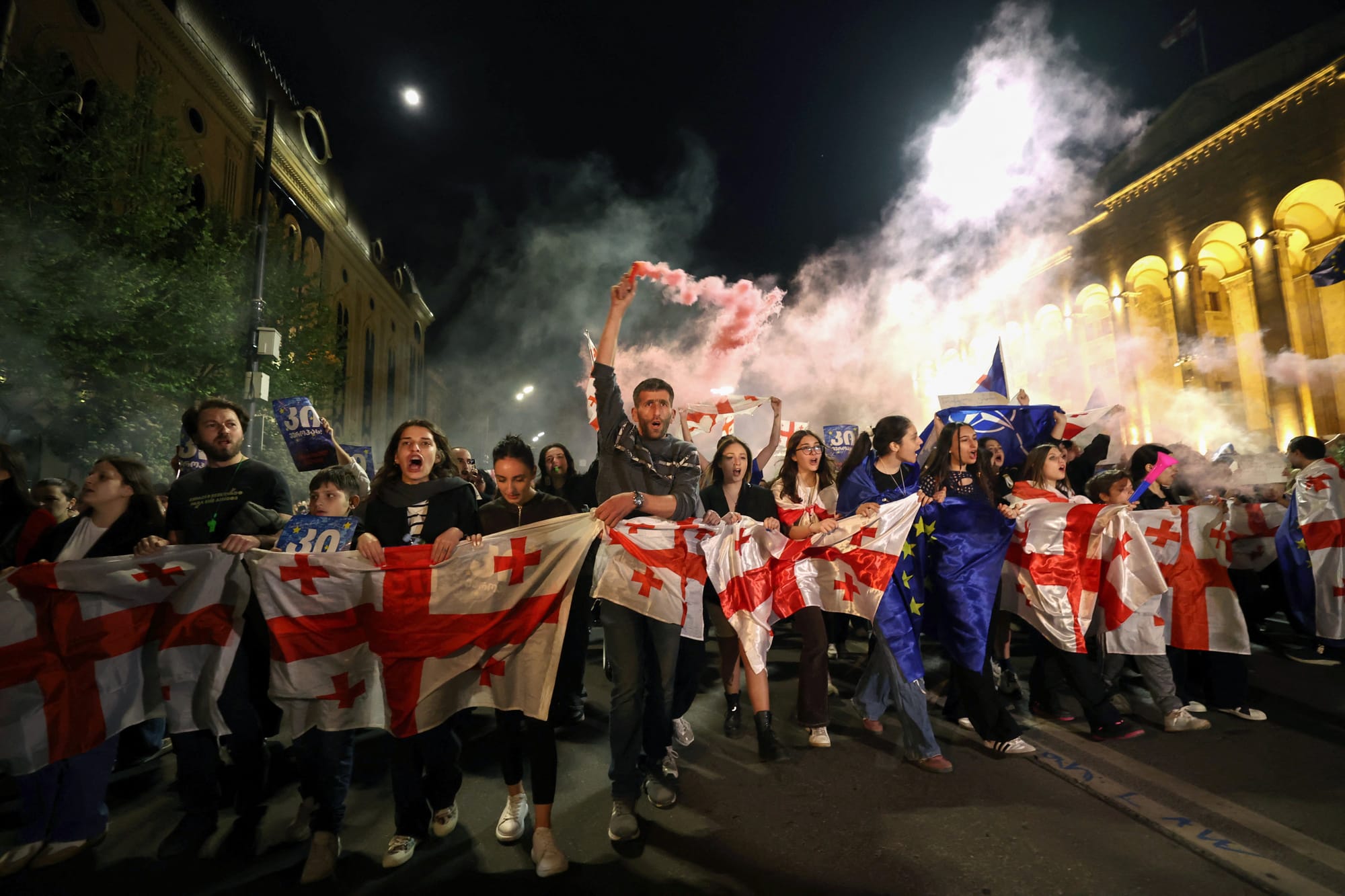
Georgia's President Salome Zourabichvili and the opposition coalitions have rejected the results and urged people to take to the streets to protest what they said was electoral fraud.
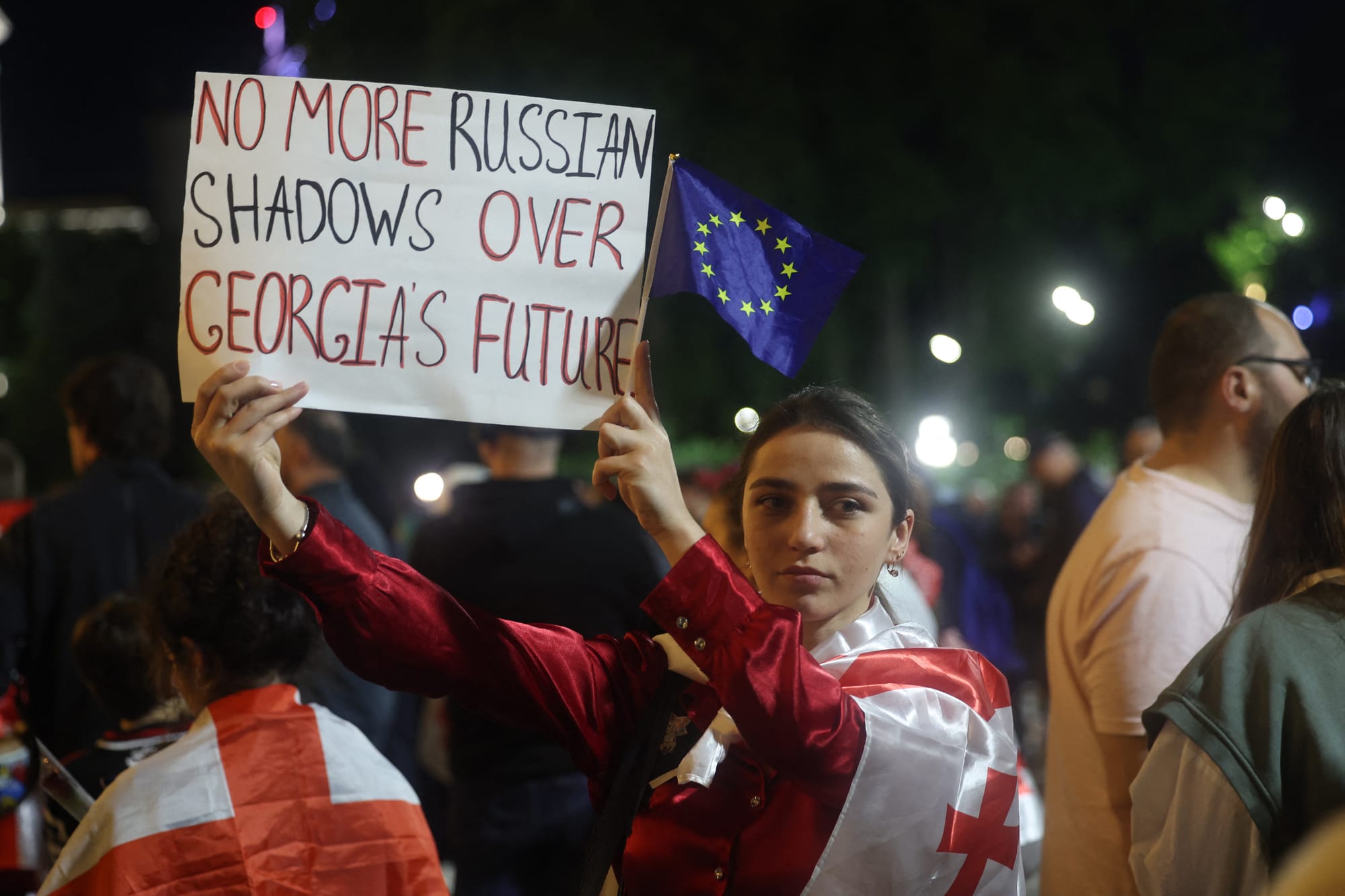
Zourabichvili, who has been critical of Georgian Dream despite holding a ceremonial role, called the election results “a total falsification” and warned that accepting the results would mean endorsing Russian interference in Georgia.
Alongside opposition leaders in Tbilisi, she urged citizens to peacefully protest what she described as a “Russian special operation.”
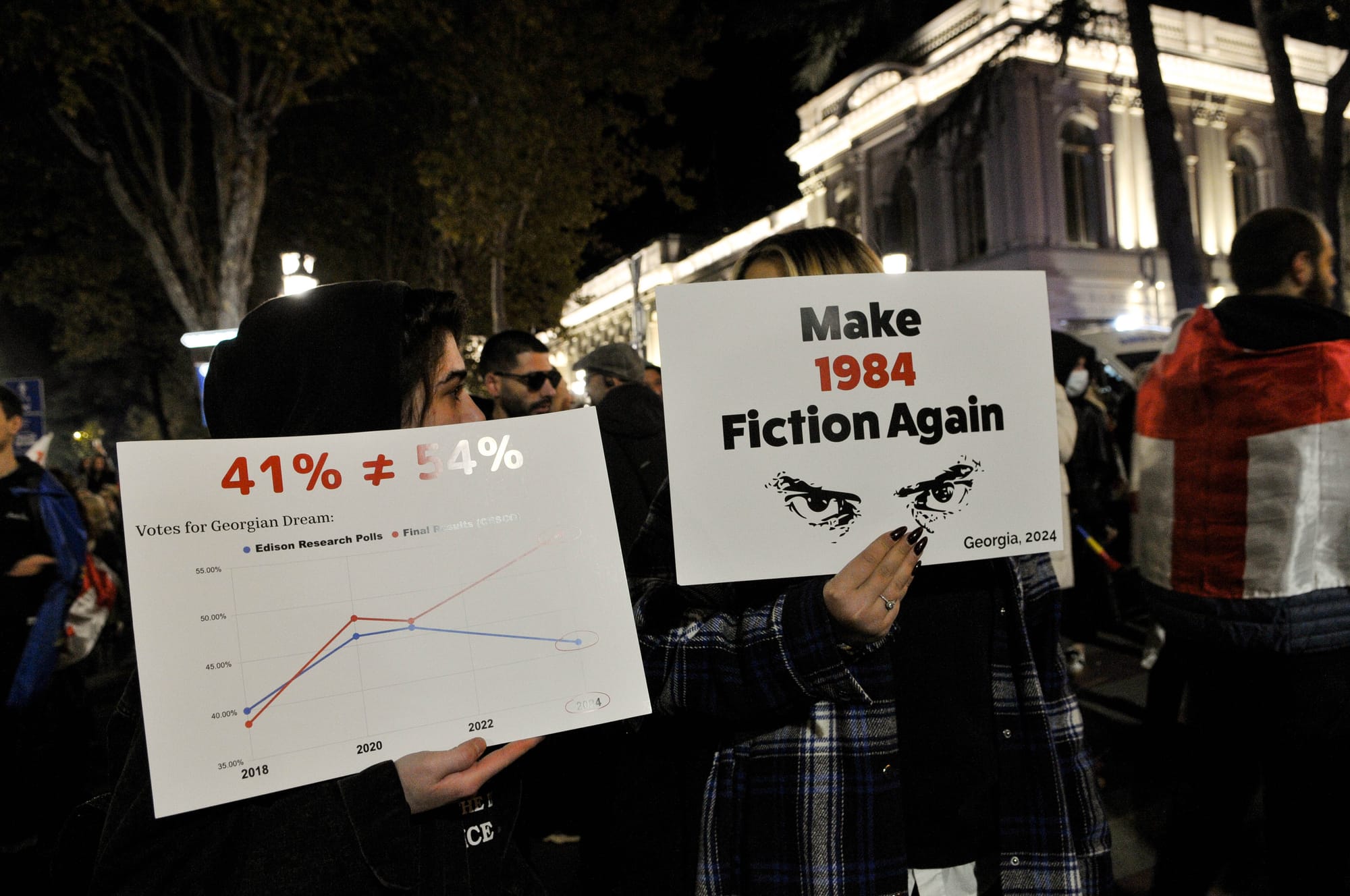
“This election cannot be recognized, because it is the recognition of Russia’s intrusion here, Georgia’s subordination to Russia,” she said.
Tens of thousands of people then took to the streets in the capital, Tbilisi on Oct. 28, to protest what they say was a rigged vote.
Russia has denied the allegations of interference, instead accusing Western nations of interfering in Georgia’s internal affairs.
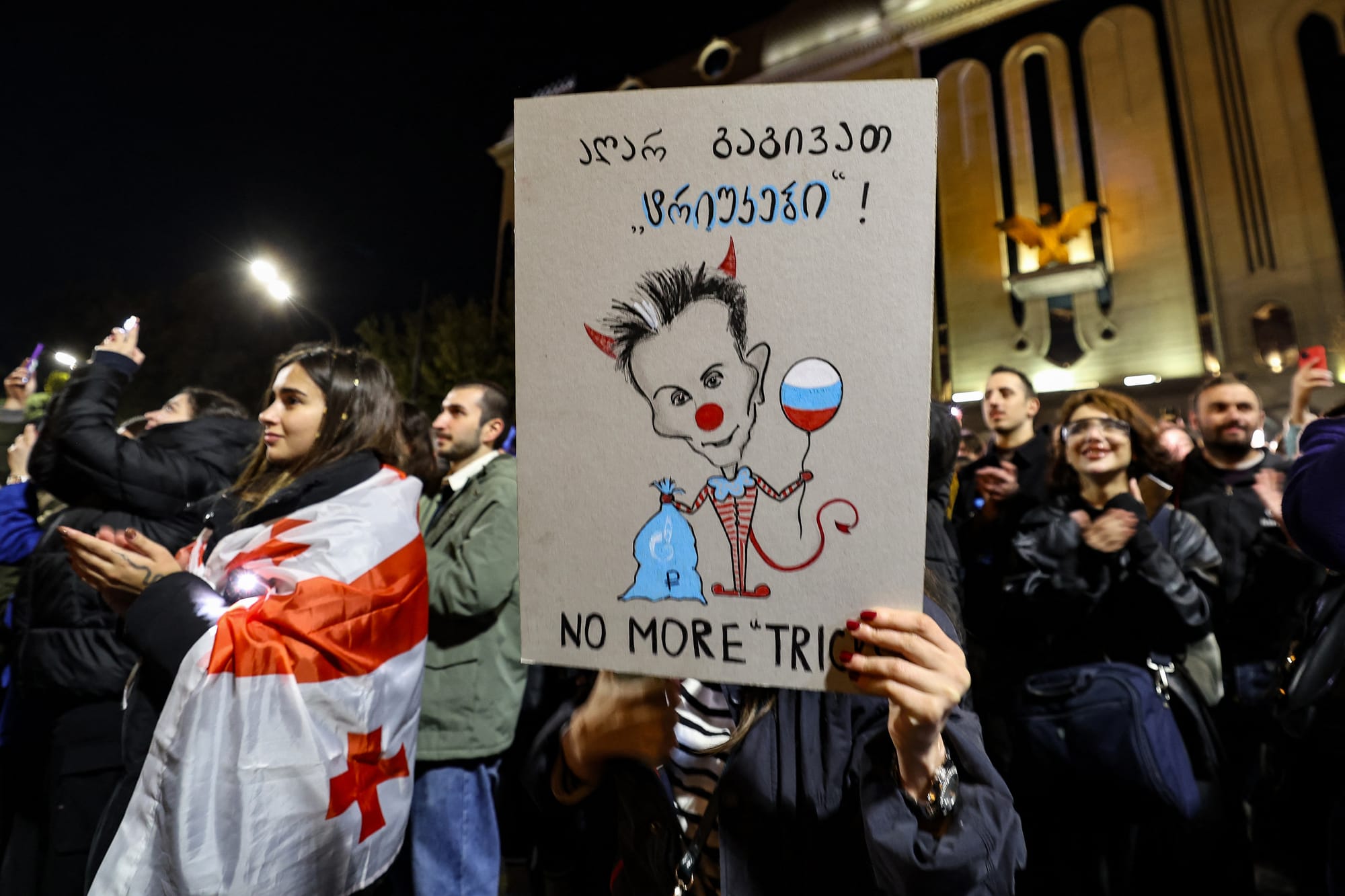
Meanwhile, prime minister Irakli Kobakhidze called the election results “impressive and obvious,” adding, “Any claims of election manipulation are doomed to fail.”
The EU, US and NATO all called for an investigation, and on Oct. 30, Georgia’s Prosecutor’s Office launched an investigation into the allegations of election fraud.
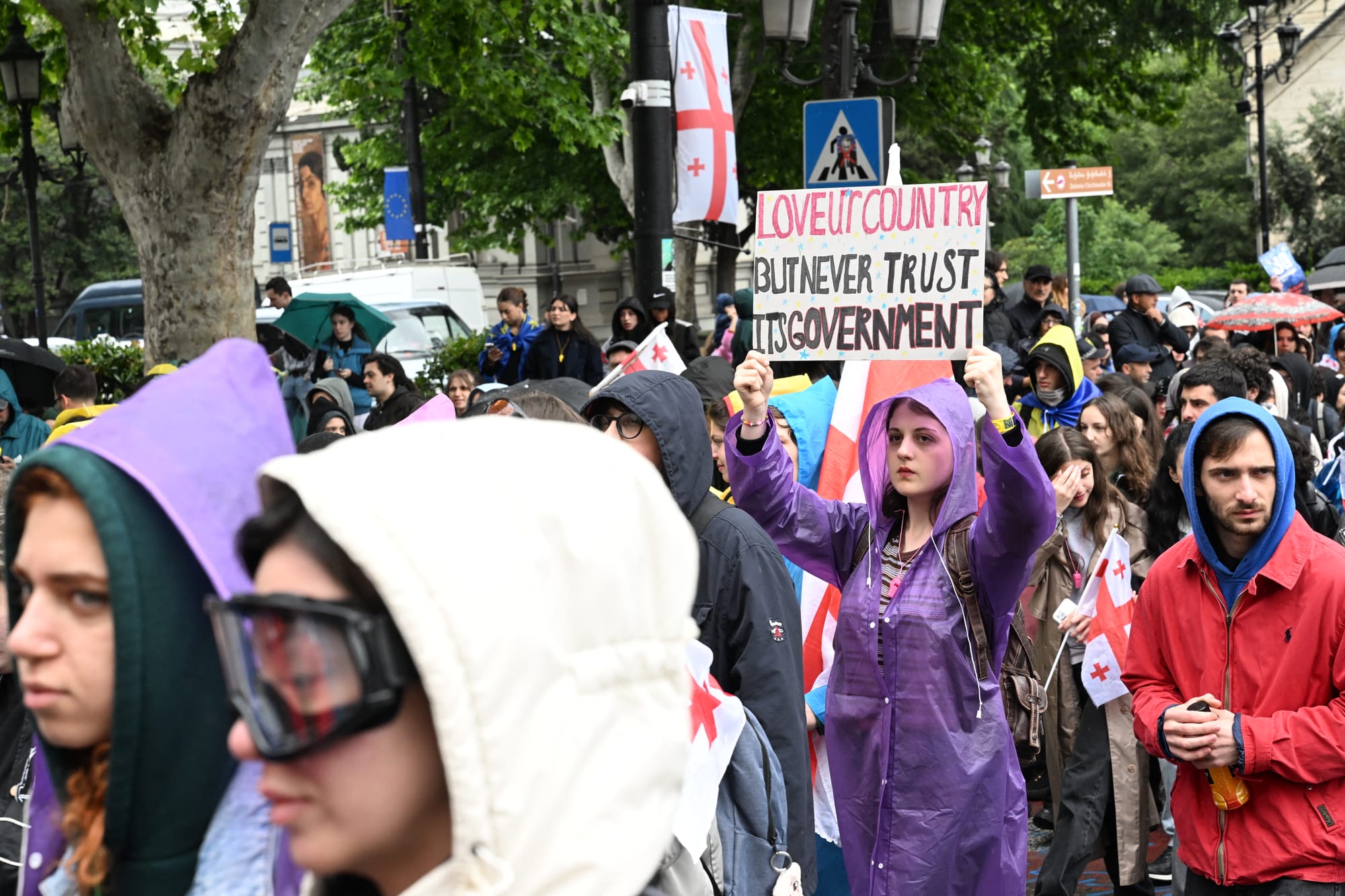
However, opposition parties have said they are concerned the investigation will not be independent considering the head of the Prosecutor’s Office was appointed by the Georgian Dream.
The opposition has since announced it will boycott the new parliament.
Also Read
